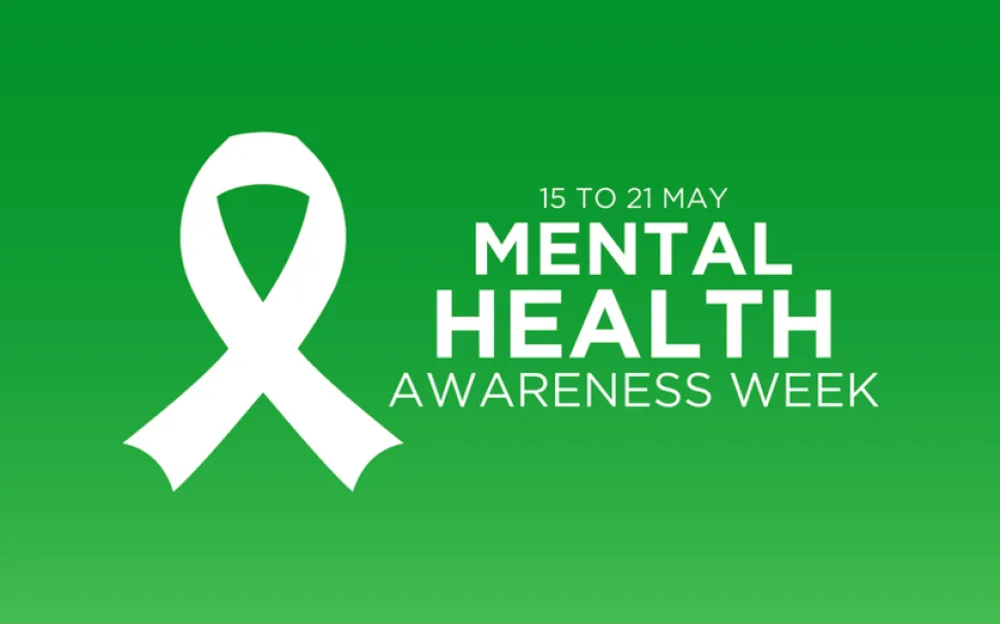
May 15 to 21 was Mental Health Awareness Week – a campaign raising awareness of the various forms of mental health problems and highlighting the support that is available for those experiencing it.
There are a lot of links between mental health problems and the experience of domestic abuse, and understandably the problems can persist even after a survivor has left the perpetrator.
Links Between Mental Health & Domestic Abuse
It is sadly quite common for someone experiencing domestic abuse to also experience mental health problems, particularly in the form of anxiety which was the focus of this year’s campaign.
Research conducted a few years ago by national organisation Safe Lives found that 42% of domestic abuse survivors had experienced some form of mental health problem. 17% of survivors had planned or attempted suicide.
Domestic abuse can be a cause of mental health problems, but it is also used by perpetrators as a form of controlling their partner and continuing their campaign of abuse.
For instance, a perpetrator may say that a survivor is “overreacting” because of their mental health problems, or they may say that a survivor needs them because they wouldn’t be able to manage on their own. This can worsen the situation, leaving a survivor feeling even more alone and cut-off from potential support networks.
Long-term Effects
Mental health problems are a long-term effect of domestic abuse, even after a survivor is safe and living a new life, free from abuse. Survivors may be anxious about meeting new people, or being in certain social situations, or may harbour a fear that the perpetrator will track them down.
We also know that children that experience domestic abuse often experience mental health problems in the long-term, particularly if they are not supported to express their emotions in a safe way.
They can also struggle to form and maintain healthy relationships moving into their teenage and adult life.
Taking Action
We need to understand the connections between domestic abuse and mental health problems, and we need to ensure that there are specific services in place to provide support.
The UK Government estimates that domestic abuse costs the health service £2 billion every year – investment in long-term solutions and services could help to reduce this figure.
Training professionals to be able to spot domestic abuse and signpost people to access support is also essential – particularly connecting that someone with mental health issues or drug/alcohol dependency may be experiencing domestic abuse as well.
Trained professionals can help survivors to access support at an earlier stage, reducing their risk of serious harm and creating a culture of professional curiosity.
Leeway provides regular Domestic Abuse Awareness training sessions for individuals, businesses, and organisations, to help them spot the signs of domestic abuse and confidently respond to it. We also provide bespoke sessions to meet the specific needs of an organisation. For more information, visit our Training page.